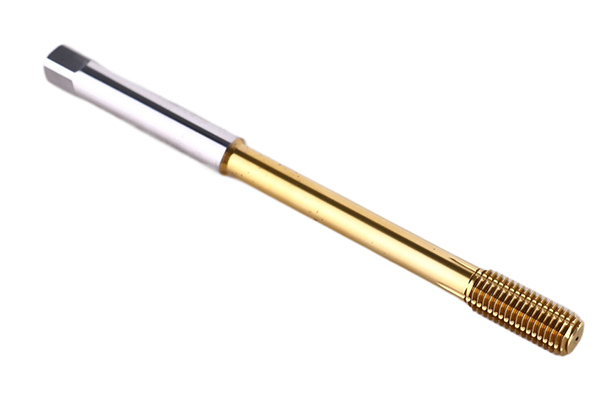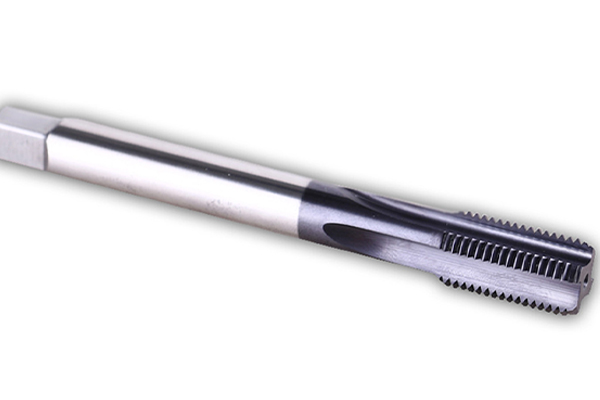Introduce:
Machining cast iron materials requires precision and the right tool to achieve the best results. One tool that plays an important role in this process is the thread tap. In this blog, we will discuss two types of thread taps, thread taps for machining cast iron materials and straight fluted carbide taps for cast iron. We will also discuss the tool materials used, suitable machines and machining examples. So, let’s dig in and discover everything you need to know about these thread taps!
Tool material:
When machining cast iron, the choice of tool material is critical. Two popular materials for thread taps are tungsten carbide and carbide. Tungsten steel taps have high hardness and excellent wear resistance, making them ideal for machining cast iron materials. Carbide taps, on the other hand, have excellent toughness and strength and are well suited for this specific application. Another notable knife material is Kentanium, which combines the best qualities of tungsten carbide and carbide for improved overall performance.
Applicable machine:
Both threaded taps for machining cast iron materials and straight fluted carbide taps for cast iron can be used on various machines. These include machining centers, lathes, tapping machines, etc. The versatility of these taps allows them to be integrated into different manufacturing processes, providing flexibility and convenience.
Processing case:
To better understand these thread taps, let us consider a machining case. Suppose we have a cast iron workpiece with a hardness range of HB200 to HB250. For the thread that needs to be tapped, the hole depth is 25mm, and the hole size is M6*1. According to the recommended parameters, we set the cutting speed (Vc) to about 18.84m/min and the feed rate (fr) to 1mm/r. With this setup, the expected cutting life is approximately 40,000 holes, which is significantly higher compared to HSS taps.
Product advantages:
Threaded taps for machining cast iron materials and straight fluted carbide taps for cast iron have many advantages over traditional steel taps. First, their durability is excellent. The expected cutting life of 40,000 holes is impressive, 10 to 20 times higher than that of HSS taps. Second, the tungsten carbide and carbide materials used in these taps offer superior wear resistance and toughness, ensuring consistent performance and reliable results. Finally, Kenrhenium taps combine the best qualities of tungsten carbide and carbide for improved machining efficiency and productivity.
In conclusion:
Selecting the proper thread tap for machining cast iron materials is critical to obtaining the best machining results. Threaded taps for machining cast iron materials and straight fluted carbide taps for cast iron are excellent choices for their durability, wear resistance and toughness. Whether you choose tungsten carbide, carbide or kenrhenium material, these thread taps will allow you to tackle cast iron machining tasks with ease. So the next time you work with cast iron materials, be sure to choose the proper thread tap for best results!
Post time: Aug-19-2023


